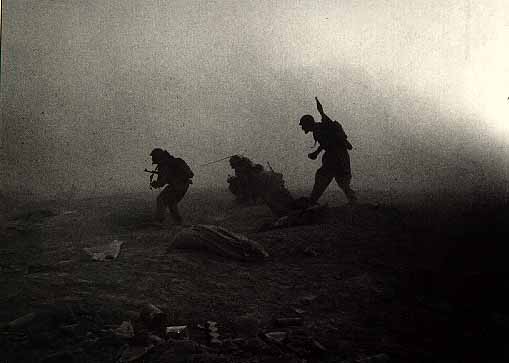On Violence is a blog on counter-insurgency warfare, military and foreign affairs, art, and violence, written by two brothers--one a veteran and the other a pacifist.
The work of On Violence has appeared in The Washington Post, Stars and Stripes, The Small Wars Journal, The New York Times’ "At War" blog, The Los Angeles Times’ Blowback feature, FP.com and Thomas Ricks’ “The Best Defense” blog, Infantry Magazine, and Doonesbury’s “The Sandbox”.
Click Here to Subscribe to our RSS FeedFollow OnViolence on Twitter
Become A Fan On Facebook
Upcoming Articles
On V's Best Articles
Blogroll
Blog Them Out of the Stone Age
Ed Darack's Operation Red Wings: Information and Mis-information

